Search titles
Displaying results 141 to 150 of 152.

Agenda - A Journal of Policy Analysis and Reform: Volume 15, Number 2, 2008 »
Authored by: William Coleman, Alex Robson
Publication date: June 2008
Agenda is a refereed, ECONLIT-indexed and RePEc-listed journal of the College of Business and Economics, The Australian National University. Launched in 1994, Agenda provides a forum for debate on public policy, mainly (but not exclusively) in Australia and New Zealand. It deals largely with economic issues but gives space to social and legal policy and also to the moral and philosophical foundations and implications of policy.
Subscribe to the Agenda Alerting service if you wish to be advised on forthcoming or new issues.
Download for free
Not available for purchase

Agenda - A Journal of Policy Analysis and Reform: Volume 15, Number 1, 2008 »
Authored by: William Coleman, Alex Robson
Publication date: April 2008
Agenda is a refereed, ECONLIT-indexed and RePEc-listed journal of the College of Business and Economics, The Australian National University. Launched in 1994, Agenda provides a forum for debate on public policy, mainly (but not exclusively) in Australia and New Zealand. It deals largely with economic issues but gives space to social and legal policy and also to the moral and philosophical foundations and implications of policy.
Subscribe to the Agenda Alerting service if you wish to be advised on forthcoming or new issues.
Download for free
Not available for purchase
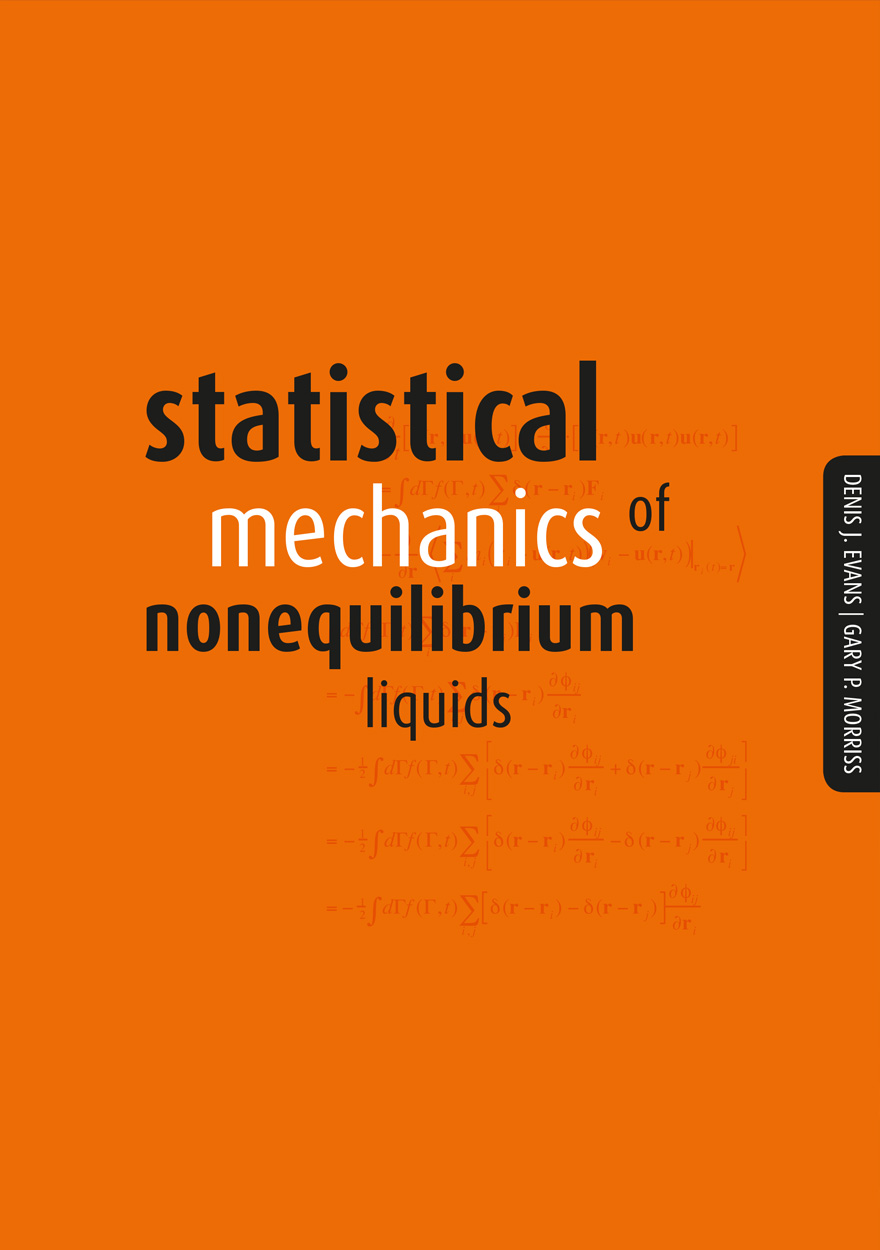
Statistical Mechanics of Nonequilibrium Liquids »
Authored by: Denis J. Evans, Gary P. Morriss
Publication date: August 2007
During the 1980s, there were many developments regarding the nonequilibrium statistical mechanics of dense classical atomic fluids. These developments have had a major impact on the computer simulation methods used to model nonequilibrium fluids. The present volume is, in part, an attempt to provide a pedagogical discussion of the statistical mechanical justification of these algorithms.
There is a symbiotic relationship between theoretical nonequilibrium statistical mechanics on the one hand and the theory and practice of computer simulation on the other. Sometimes, the initiative for progress has been with the pragmatic requirements of computer simulation and at other times, the initiative has been with the fundamental theory of nonequilibrium processes. This book summarises progress in this field up to 1990.
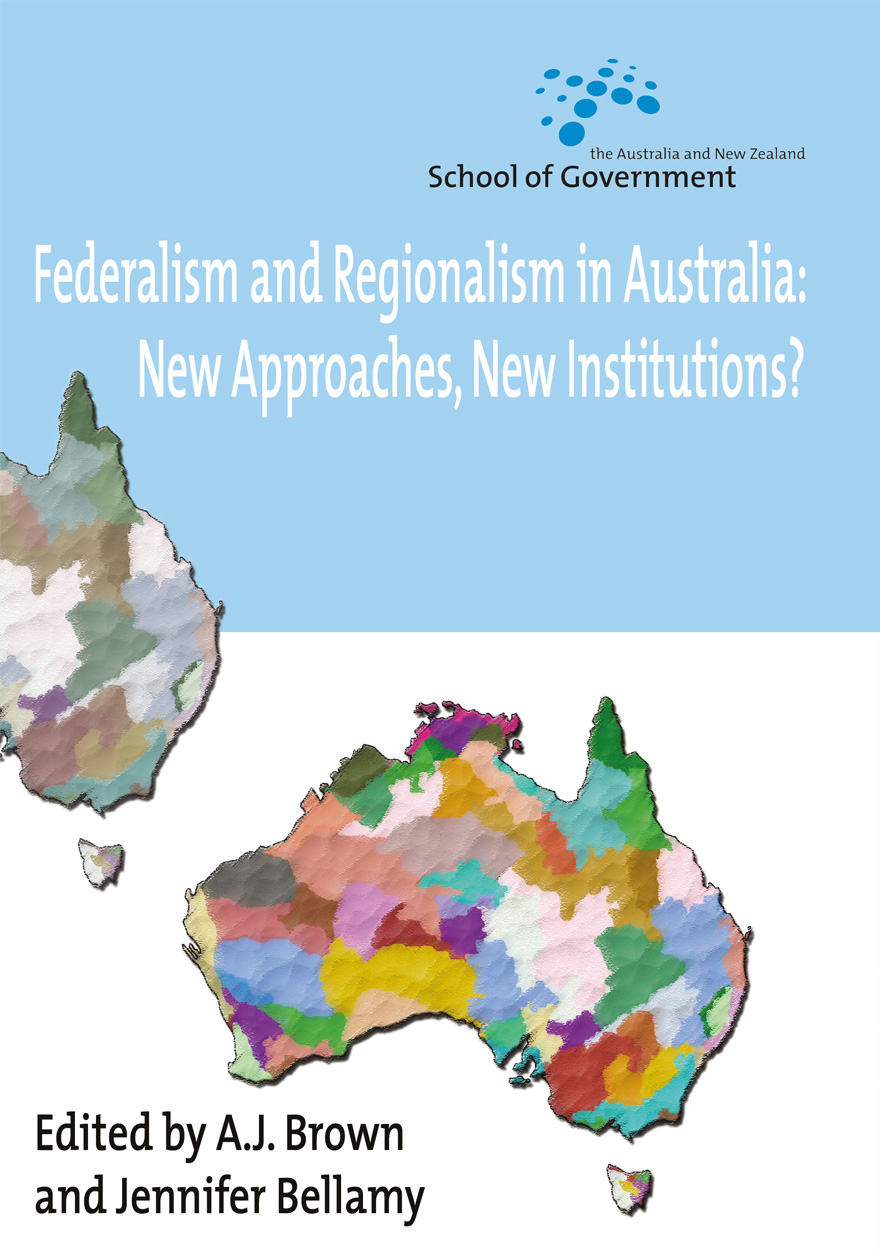
Federalism and Regionalism in Australia »
New Approaches, New Institutions?
Edited by: A. J. Brown, Jennifer Bellamy
Publication date: August 2007
Australia’s federal system is in a state of flux and its relevance is being challenged. Dramatic shifts are occurring in the ways in which power and responsibility are shared between governments. Pressure for reform is coming not just from above, but from below, as the needs of local and regional communities – both rural and urban – occupy an increasingly important place on the national stage. How will these competing pressures for centralisation and devolution in the structures of federalism be reconciled? In this volume, experts and policy practitioners from diverse backgrounds canvass this uncertain future to conclude that the future of state, regional and local institutions is not only a vital question of federal governance, but must be addressed in a conscious and concerted way if Australian federalism is to evolve in ways that are sufficiently legitimate, effective, efficient and adaptive.

The Nature of Northern Australia »
Its natural values, ecological processes and future prospects
Publication date: July 2007
Northern Australia stands out as one of the largest natural areas remaining on Earth- alongside such global treasures as the Amazon rainforests, the boreal conifer forests of Alaska and Canada, and the polar wilderness of Antarctica. Nature remains in abundance in ‘the North.’
Its intact tropical savannas, rainforests, and free flowing rivers provide a basis for much of the economic activity and the quality of life for residents of the area.
The Nature of Northern Australia details the latest science on the Northern environment.
With increasing debate over the future of Australia’s often forgotten North, this is a timely examination of its environmental significance, the ecological processes that make it function, and the economies that are compatible with maintaining healthy communities and people and healthy country into the future.
The authors, Dr. John Woinarski, Professor Brendan Mackey, Professor Henry Nix and Dr. Barry Traill, are leading experts on the environment of Northern Australia, and combined have many decades of experience on Northern ecology and land management.

Agenda - A Journal of Policy Analysis and Reform: Volume 14, Number 2, 2007 »
Edited by: Franco Papandrea, Graeme Wells
Publication date: July 2007
Agenda is a refereed, ECONLIT-indexed and RePEc-listed journal of the College of Business and Economics, The Australian National University. Launched in 1994, Agenda provides a forum for debate on public policy, mainly (but not exclusively) in Australia and New Zealand. It deals largely with economic issues but gives space to social and legal policy and also to the moral and philosophical foundations and implications of policy.
Subscribe to the Agenda Alerting service if you wish to be advised on forthcoming or new issues.
Download for free
Not available for purchase
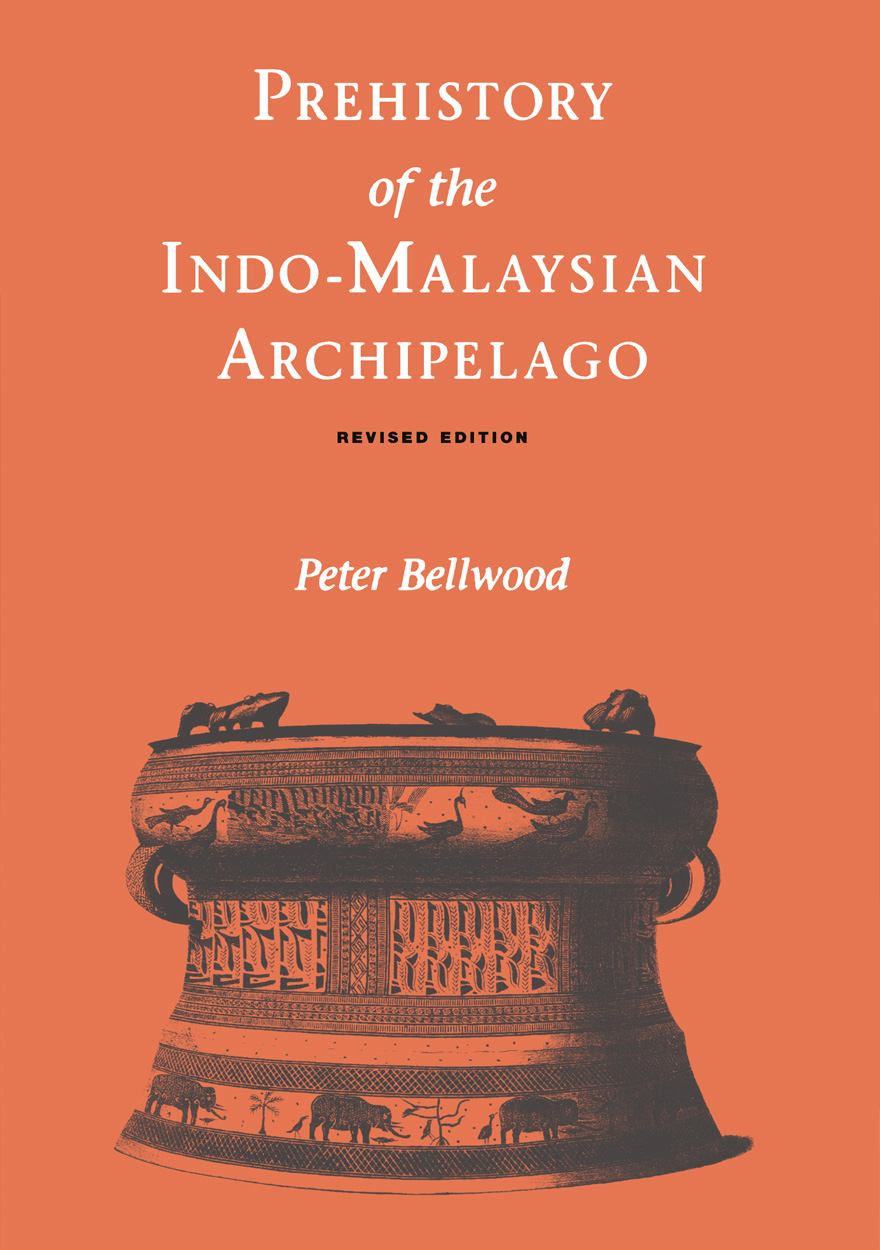
Prehistory of the Indo-Malaysian Archipelago »
Revised Edition
Authored by: Peter Bellwood
Publication date: March 2007
Since its publication in 1985, Peter Bellwood’s Prehistory of the Indo-Malaysian Archipelago has been hailed as the sole authoritative work on the subject by the leading expert in the field. Now that work has been fully revised and includes a complete up-to-date summary of the archaeology of the region (and relevant neighboring areas of China and Oceania), as well as a comprehensive discussion of new and important issues (such as the “Eve-Garden of Eden” hypothesis and its relevance to the Indo-Malaysian region) and recent advances in macrofamily linguistic classification.
Moving north to south from northern Peninsular Malaysia to Timor and west to east from Sumatra to the Moluccas, Bellwood describes human prehistory from initial hominid settlement more than one million years ago to the eve of historical Hindu-Buddhist and Islamic cultures of the region. The archaeological record provides the central focus, but chapters also incorporate essential information from the paleoenvironmental sciences, biological anthropology, linguistics, and social anthropology. Bellwood approaches questions about past cultural and biological developments in the region from a multidisciplinary perspective. Historical issues given extended treatment include the significance of the Homo erectus populations of Java, the dispersal of the present Austronesian-speaking peoples of the region within the past 4,000 years, and the spread of metallurgy since 500 B.C. Bellwood also discusses relationships between the prehistoric populations of the archipelago and those of neighboring regions such as Australia, New Guinea, and mainland Asia.
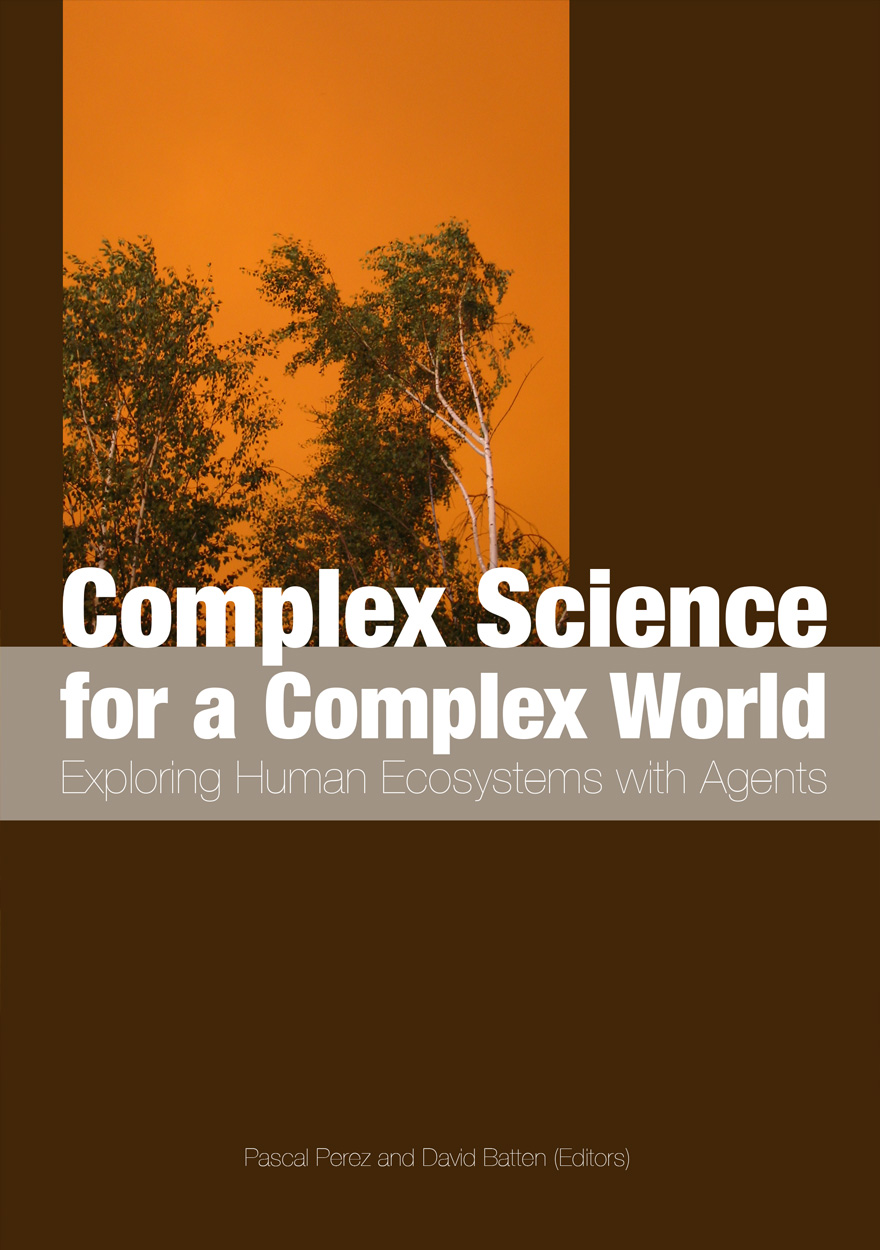
Complex Science for a Complex World »
Exploring Human Ecosystems with Agents
Edited by: Pascal Perez, David Batten
Publication date: August 2006
It is well known that human activities are endangering the stability and sustainability of many fragile ecosystems to such an extent that their future is in doubt. At the same time, these ecosystems are inherently challenging to manage successfully because of the complexity and uncertainty associated with their ongoing evolution. Much of this complexity and uncertainty may be attributed to the human dimension. Thus it is imperative that we deepen our understanding of how and why people choose to interact with one another and how this interactive behaviour affects these ecosystems as time passes.
Fortunately, a new kind of science is helping us deepen our understanding of how human ecosystems might grow and change over time. Beyond a mere collation of various reflections and applications, the chapters in this book aim to convince the reader that this new kind of science is worthy of our attention. It is a science that fully embraces the complexity of our surrounding world. It is also a science that addresses the frontiers of interactions between human behaviour and environmental responses. Furthermore, it is a science that challenges our limited understanding and treatment of uncertainty. And finally, because it is socially embedded, it is a science that can generate partnerships with local communities in a constructive manner.
We hope that you will enjoy the reading of such a diverse ‘ouvrage’ whose purpose is to attract more early career scientists into our field of research and to convince decision-makers that a growing contingent of colleagues working on complexity theory can provide useful tools and methods to better understand complex and adaptive environments. It is time to reassure you (the reader) that the rise of a ‘Complex Science for a Complex World’ doesn’t mean more complicated relationships between science and society.
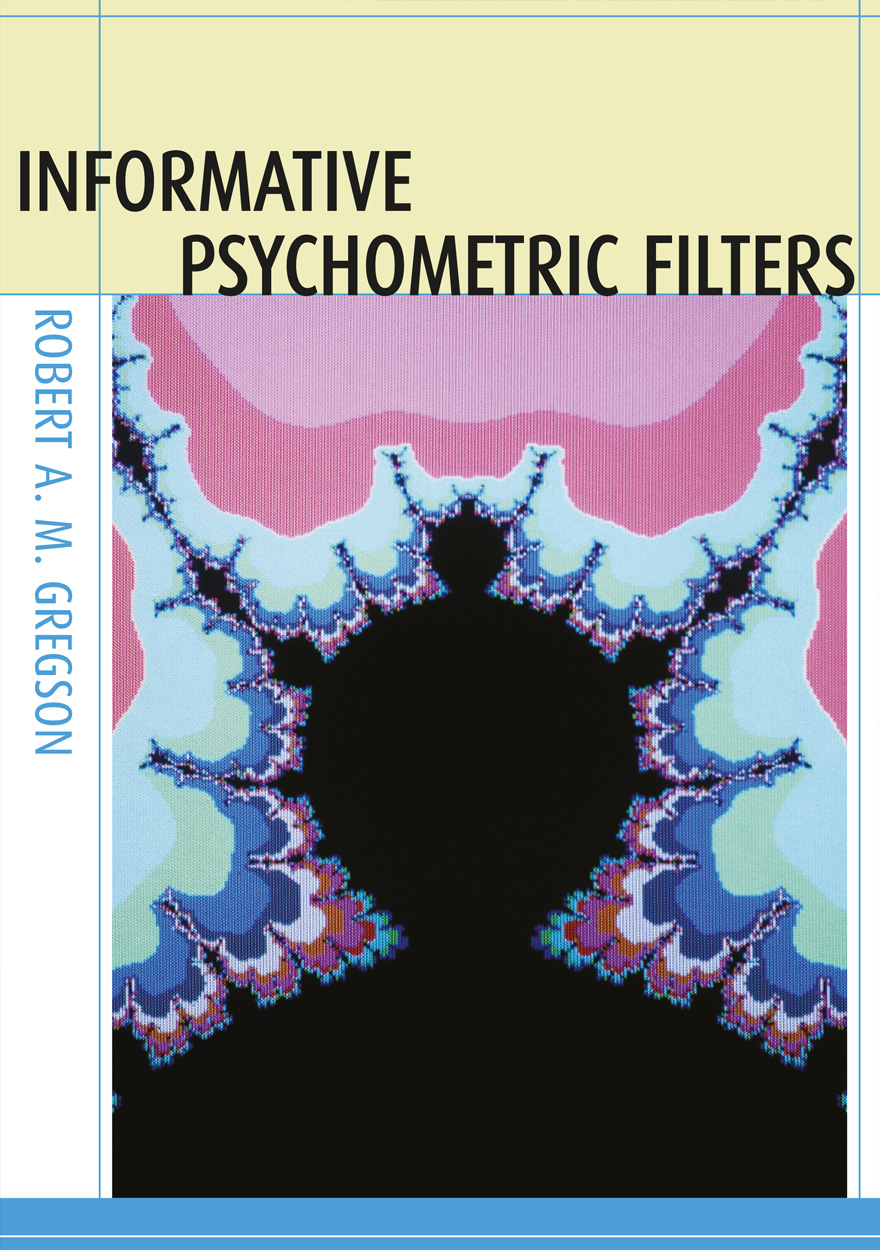
Informative Psychometric Filters »
Authored by: Robert A. M. Gregson
Publication date: August 2006
This book is a series of case studies with a common theme. Some refer closely to previous work by the author, but contrast with how they have been treated before, and some are new. Comparisons are drawn using various sorts of psychological and psychophysiological data that characteristically are particularly nonlinear, non-stationary, far from equilibrium and even chaotic, exhibiting abrupt transitions that are both reversible and irreversible, and failing to meet metric properties. A core idea is that both the human organism and the data analysis procedures used are filters, that may variously preserve, transform, distort or even destroy information of significance.

Maverick Mathematician »
The Life and Science of J.E. Moyal
Authored by: Ann Moyal
Publication date: August 2006
J.E. Moyal has been pronounced ‘one of Australia’s most remarkable thinkers’. Yet, he was, essentially, a scientific maverick. Educated in a modest high school in Tel Aviv, he took himself to France to train as an engineer, statistician and mathematician and escaped to England as France fell.
It was from outside academia that he entered into communication with the ‘high priest’ of British theoretical physics, P.A.M. Dirac, challenging him with the idea of a statistical basis of quantum mechanics. Their correspondence forms the core of this book and opens up an important and hitherto unknown chapter for physicists, mathematicians and historians of science. Moyal’s classic paper, ‘A statistical basis for quantum mechanics’, also reproduced here in full, has come to underlie an explosion of research and to underpin an array of major technological developments.
Joe Moyal emerges in this small biography as a witty and intrepid character, a scuba diver and wine connoisseur, a generous teacher and researcher, and a man whose academic life-spanning France, Ireland, Britain, the USA and Australia-intersected with some of the leading scientists of the 20th century.



